News and Updates
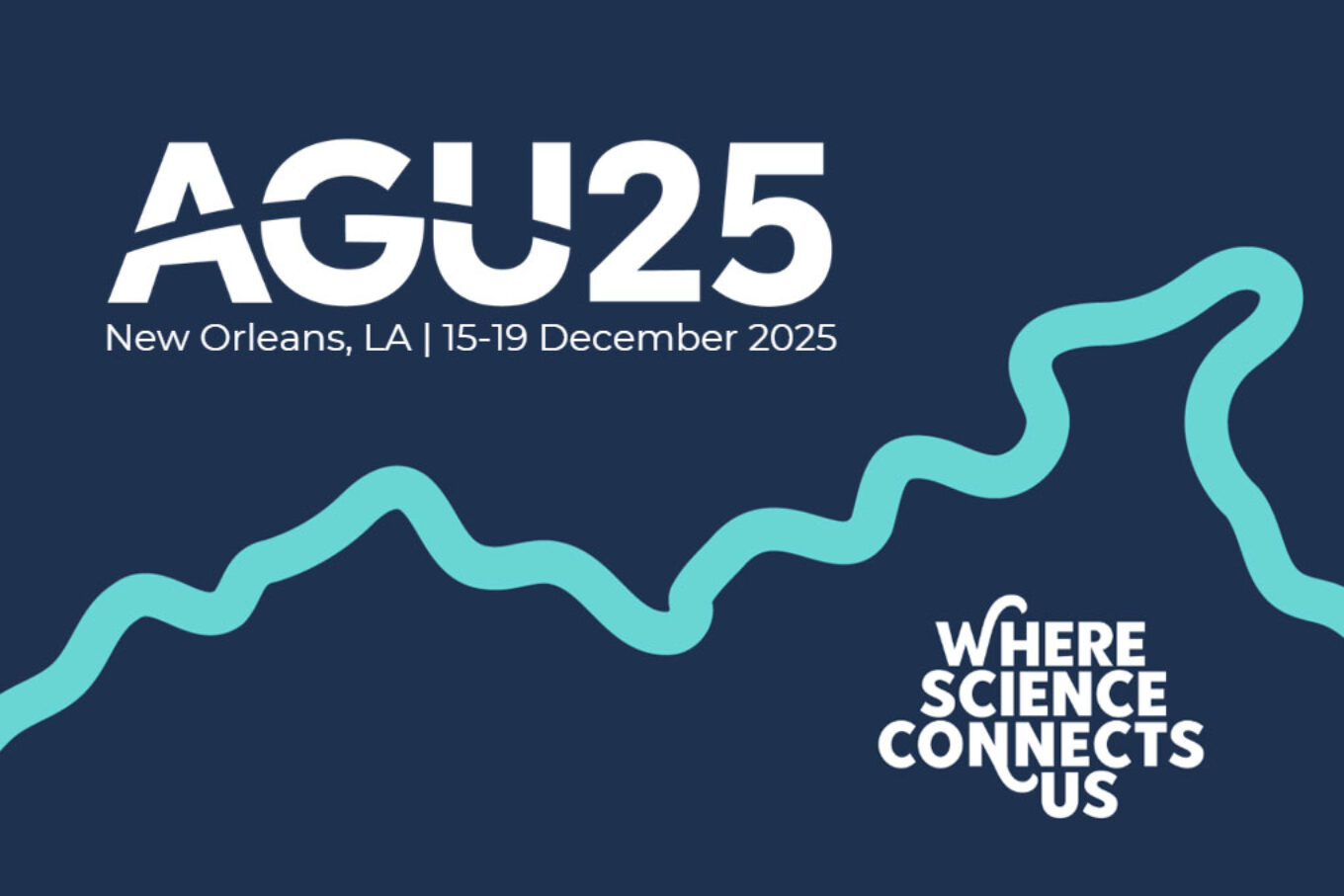
December 12, 2025
See MACH research presentations at AGU in New Orleans!
Are you attending the American Geophysical Union Meeting in New Orleans, LA next week? We’ll …
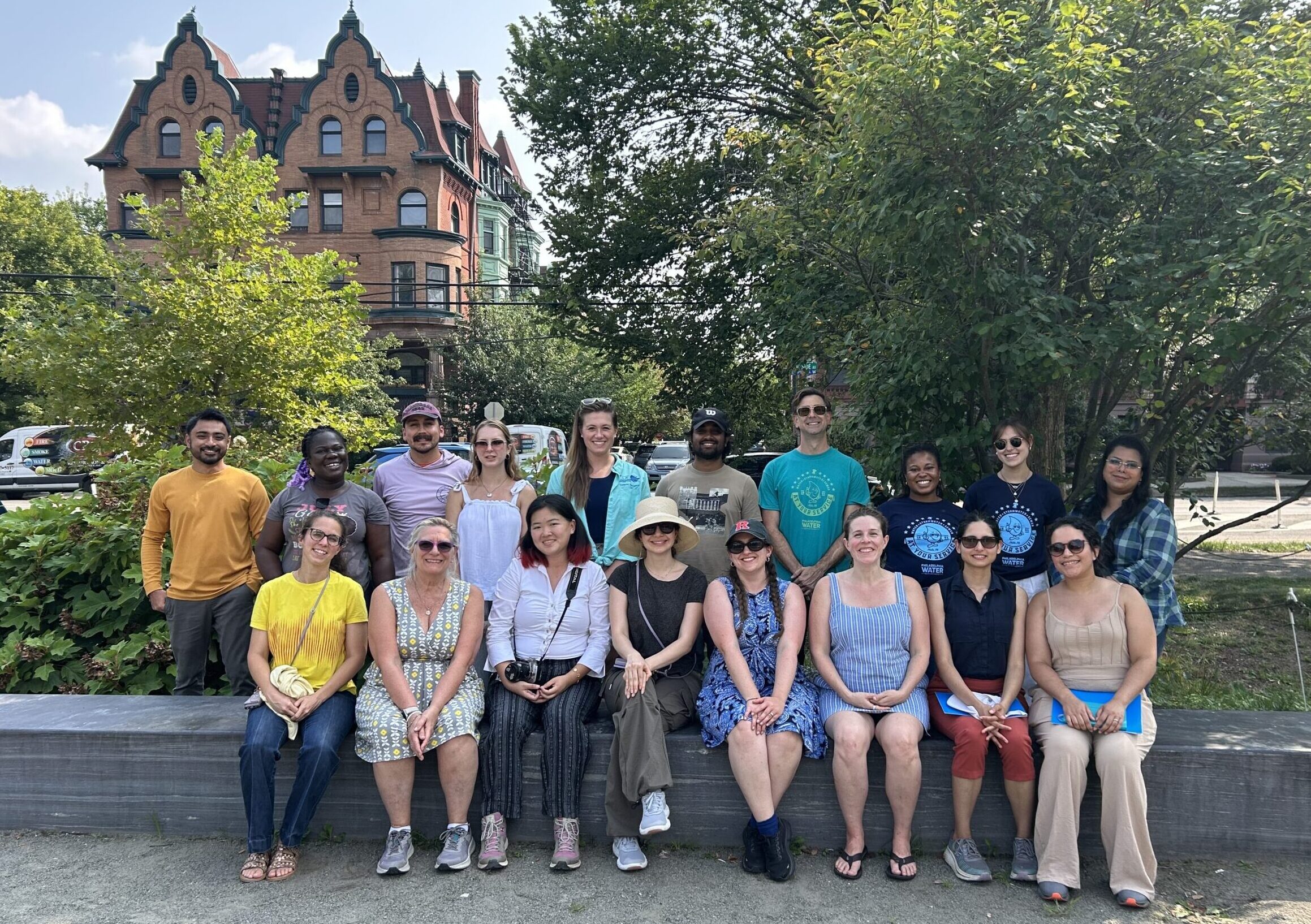
September 9, 2025
Highlights from the Third Annual MACH Summer Session
MACH researchers with Philadelphia Water Department Staff visiting a stormwater management site in Philadelphia, PA.In …
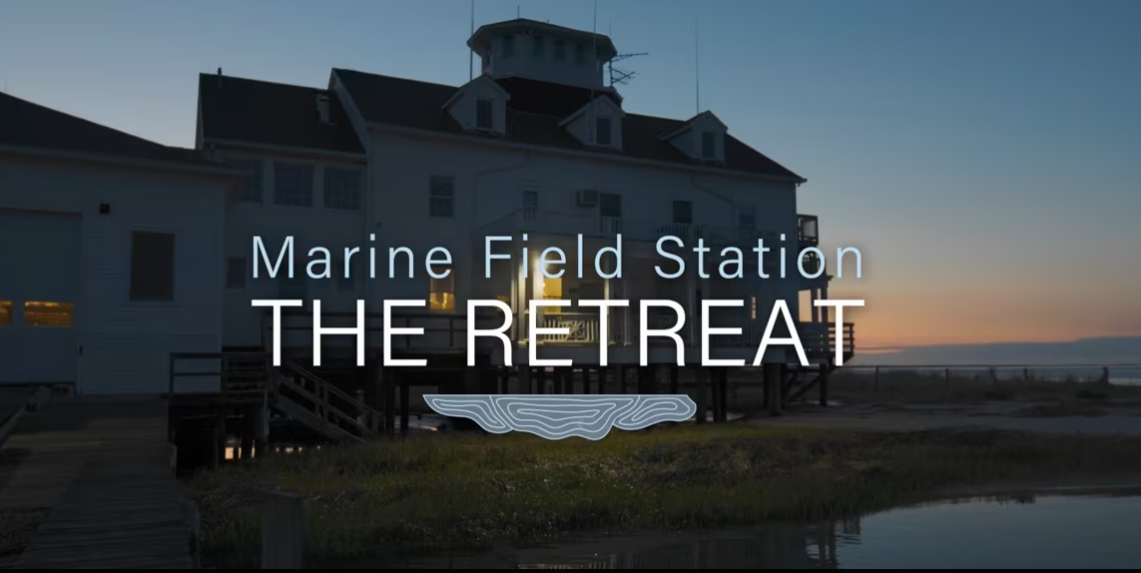
August 22, 2025
Marine Field Station: The Retreat
MACH is proud to announce the completion of our first documentary, Marine Field Station: The …
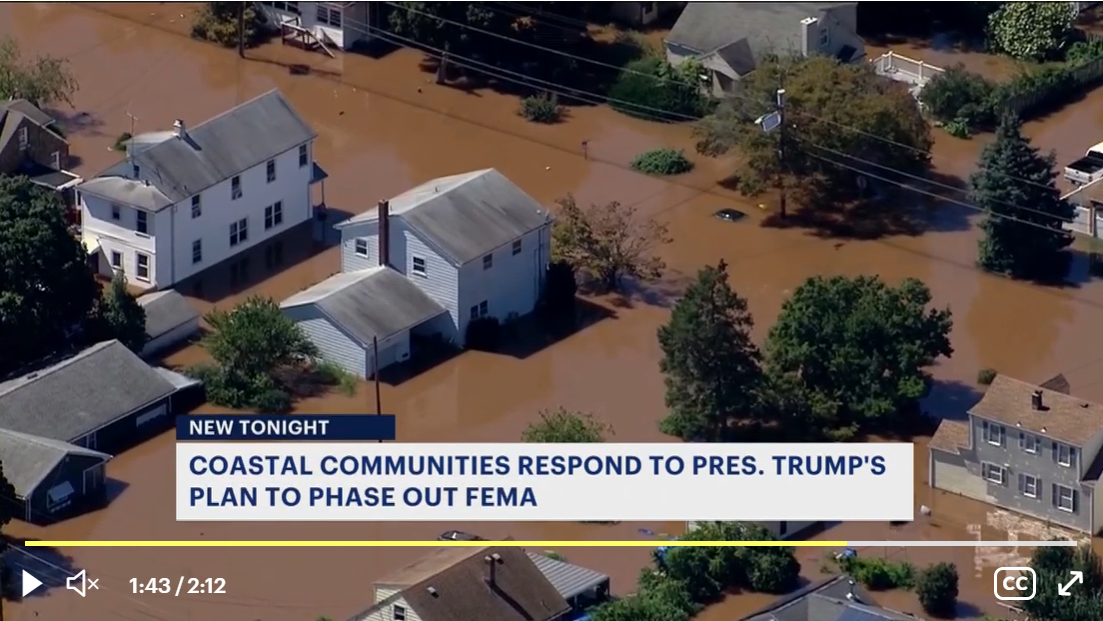
June 12, 2025
Lisa Auermuller speaks to the role FEMA plays in hazard planning on News12 New Jersey
MACH Executive Director, Lisa Auermuller, speaks to News12 New Jersey about the importance of FEMA’s …
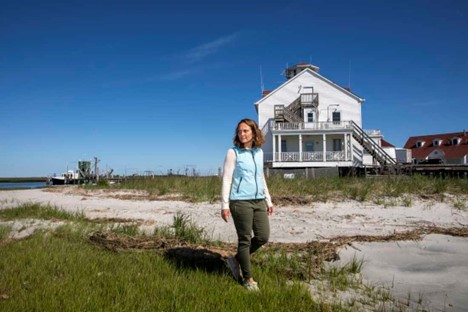
June 10, 2025
MACH Executive Director Featured in a NPR Climate Solutions Week story
MACH Executive Director, Lisa Auermuller, was featured in a NPR’s Climate Solutions Week story discussing …
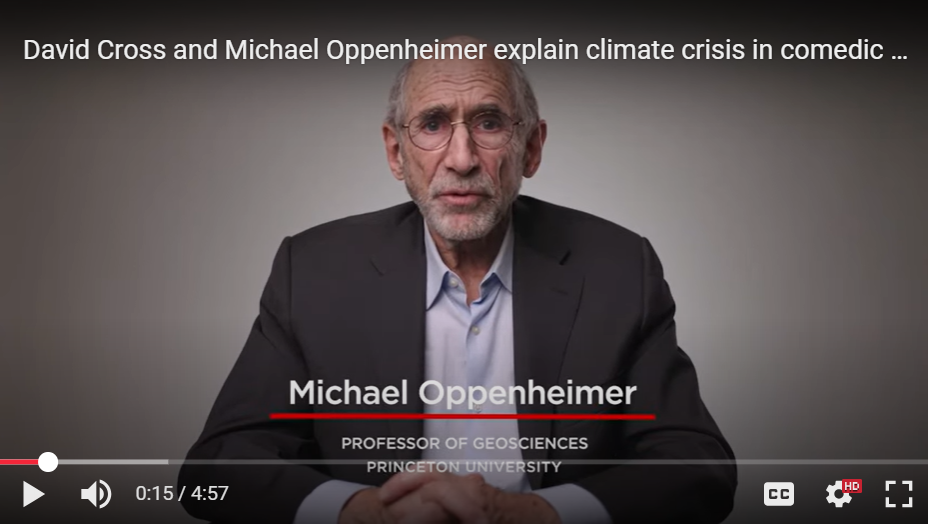
June 2, 2025
MACH Senior Personnel, Michael Oppenheimer, explains climate crisis with comedian David Cross
MACH Senior Personnel, Michael Oppenheimer, of Princeton University, was recently featured in a video with …

June 2, 2025
Ning Lin, MACH Co-PI, Featured on PNAS Podcast
On June 2nd, Dr. Ning Lin, MACH Co-PI and Professor of Civil and Environmental Engineering …
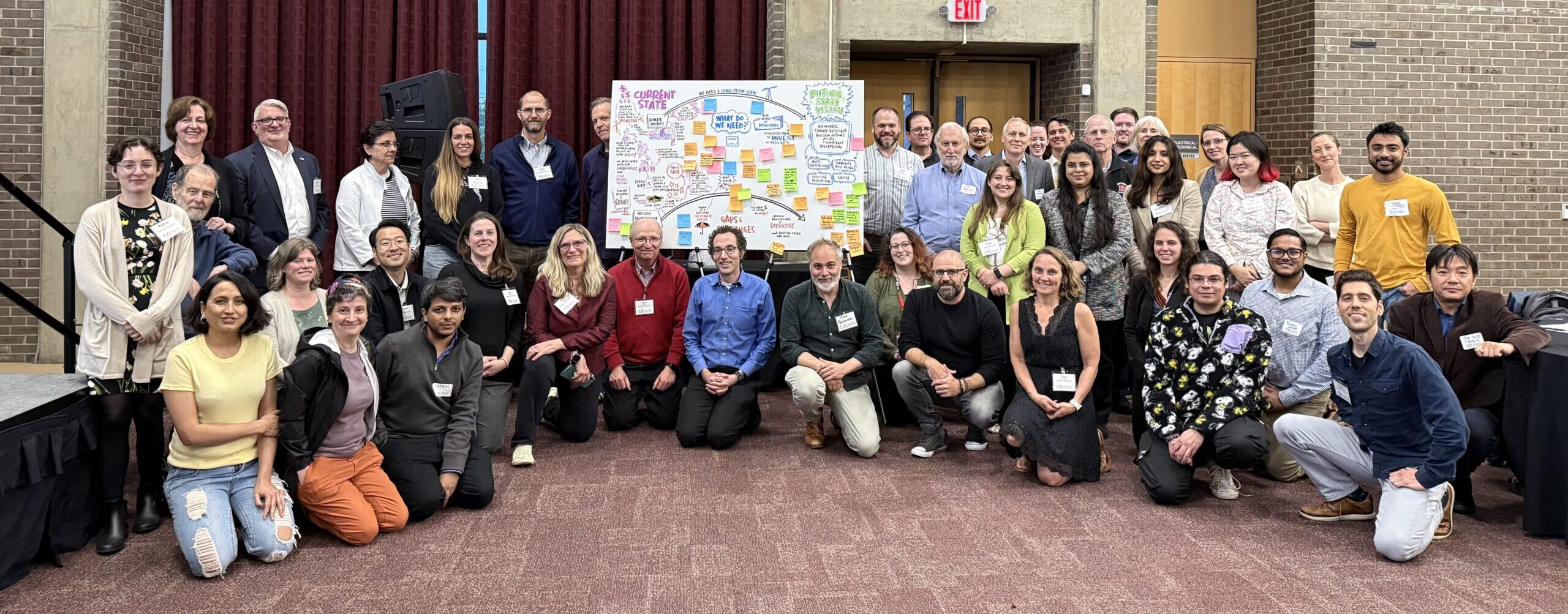
May 30, 2025
Envisioning Housing That is Safe and Affordable: A MACH Climate-Focused Public Event
During the 2025 Annual Meeting, MACH held an evening session on May 27th entitled ‘Envisioning …
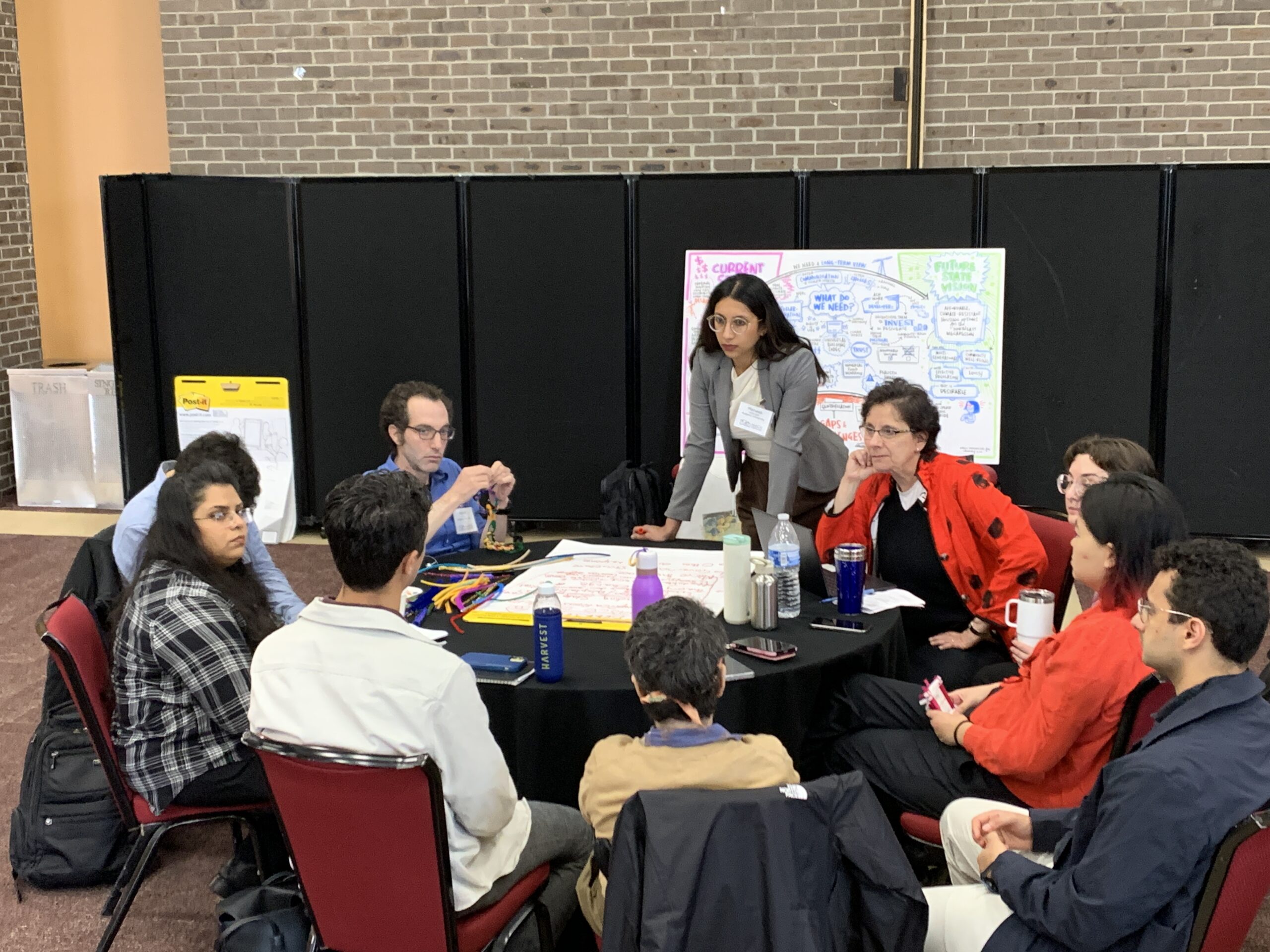
May 30, 2025
2025 MACH Annual Meeting
MACH celebrated the end of our fourth year with an in-person meeting held in New …
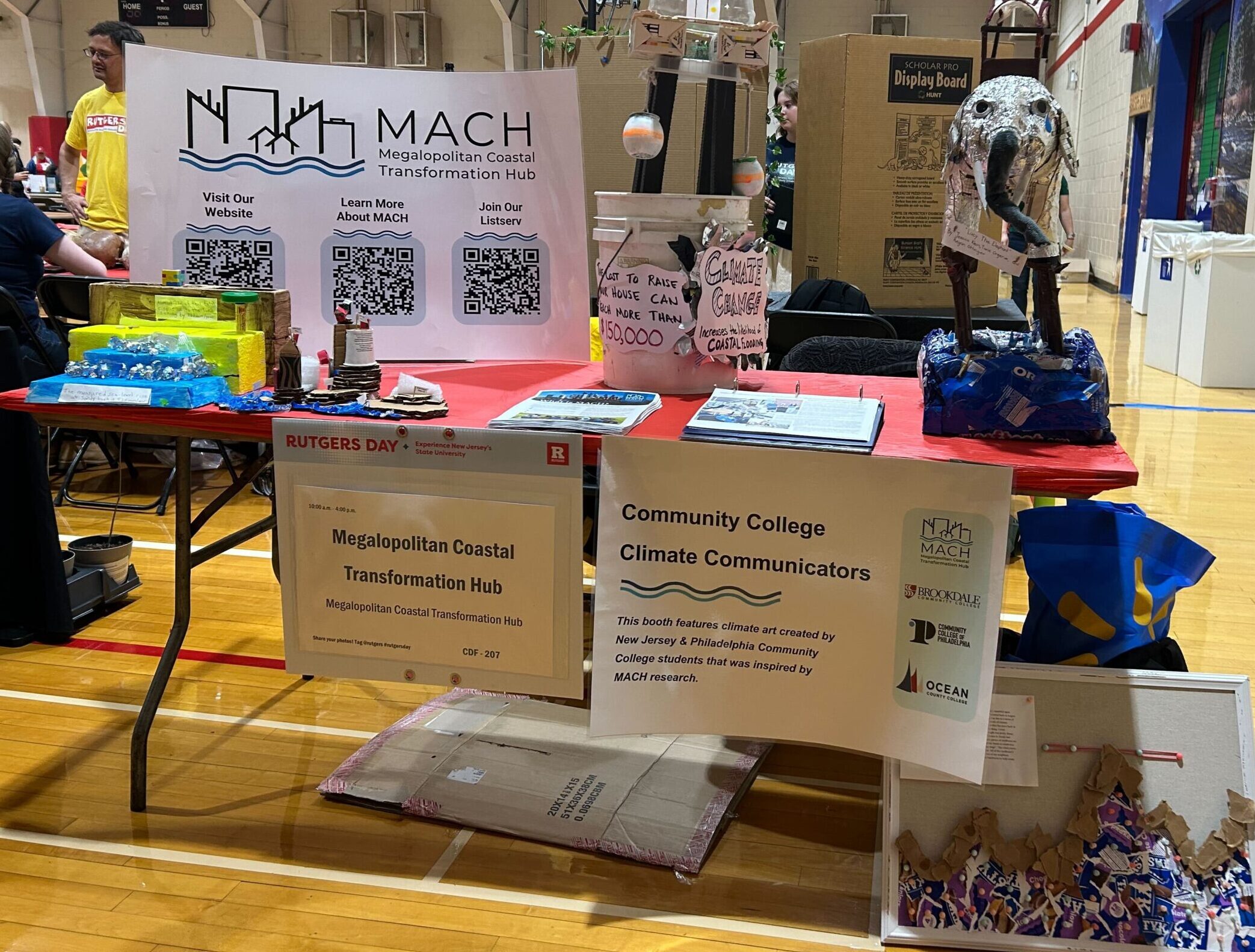
May 27, 2025
Community College Students Create Climate Art Inspired by MACH Research
Over the spring 2025 semester, students at Atlantic Cape Community College, Brookdale Community College, Community …
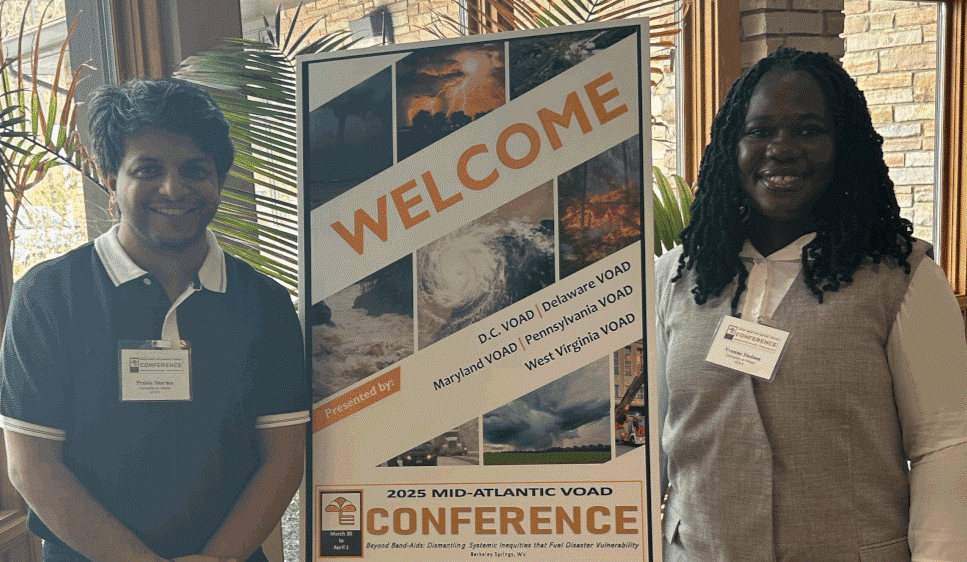
May 5, 2025
MACH researchers Yvonne Dadson and Prabin Sharma selected to receive the 2025 Empowering Community Resilience Award
MACH-affiliated researchers Yvonne Dadson and Prabin Sharma (University at Albany, SUNY) were recently selected to …
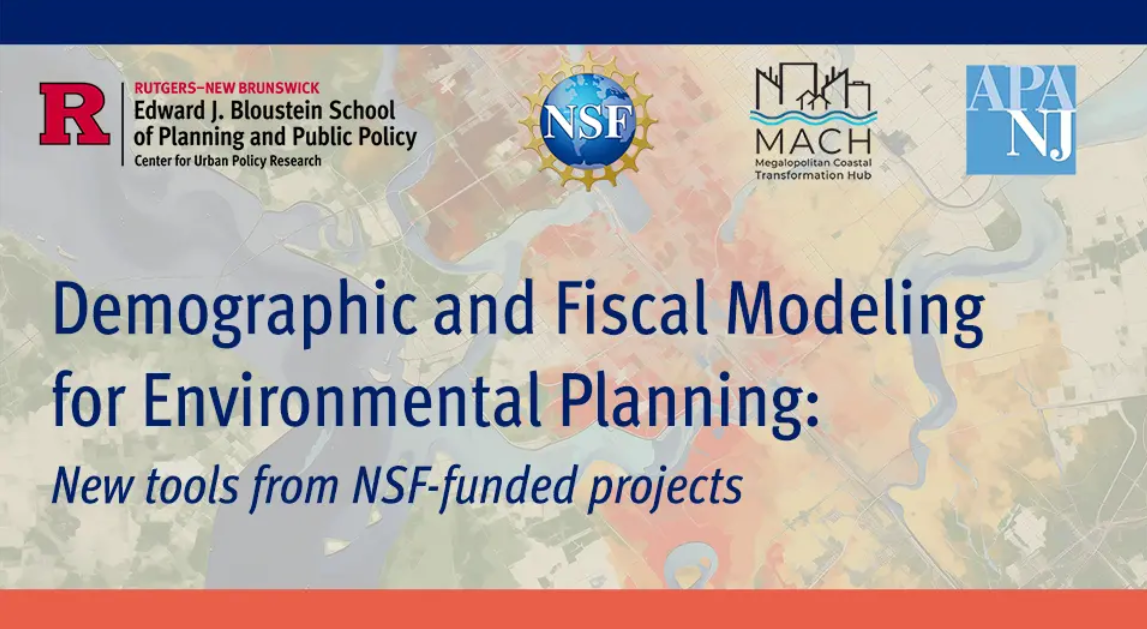
April 23, 2025
MACH Researchers Create Online Tool For Fiscal Analysis of Flood Events
On April 22 2025, the Edward J. Bloustein School of Planning and Public Policy at …
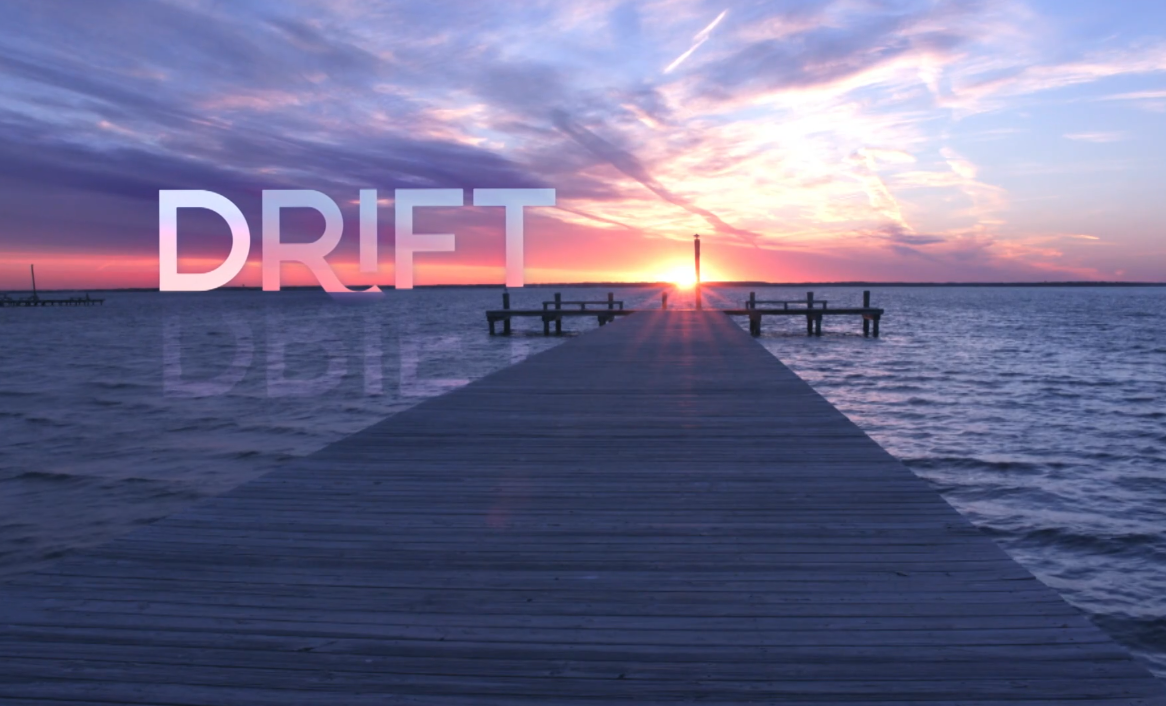
April 21, 2025
MACH Executive Director Featured in PBS’s “Drift” Documentary
Lisa Auermuller, Executive Director of MACH is featured in ‘Drift’, a PBS documentary that highlights …
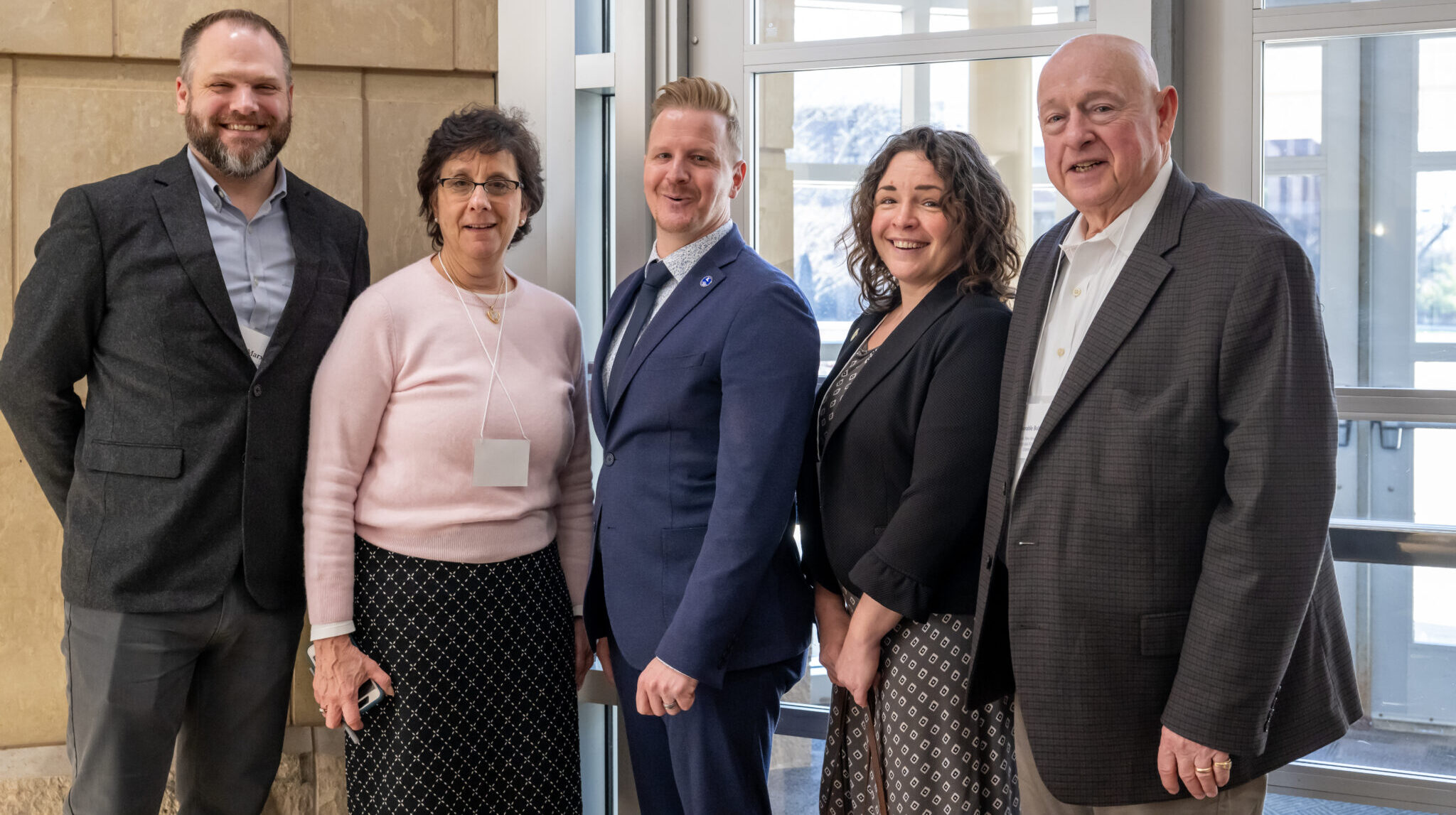
April 2, 2025
NJ Climate Change Conference features MACH Affiliated Researchers & Stakeholders
The New Jersey Climate Change Resource Center at Rutgers University, co-directed by MACH Senior Researchers …

March 26, 2025
Robert Kopp and Michael Oppenheimer on U.S. Steering Committee for IPCC Comprehensive Climate Report
MACH Director, Dr. Robert Kopp (Rutgers University) and MACH Senior Researcher, Michael Oppenheimer (Princeton …
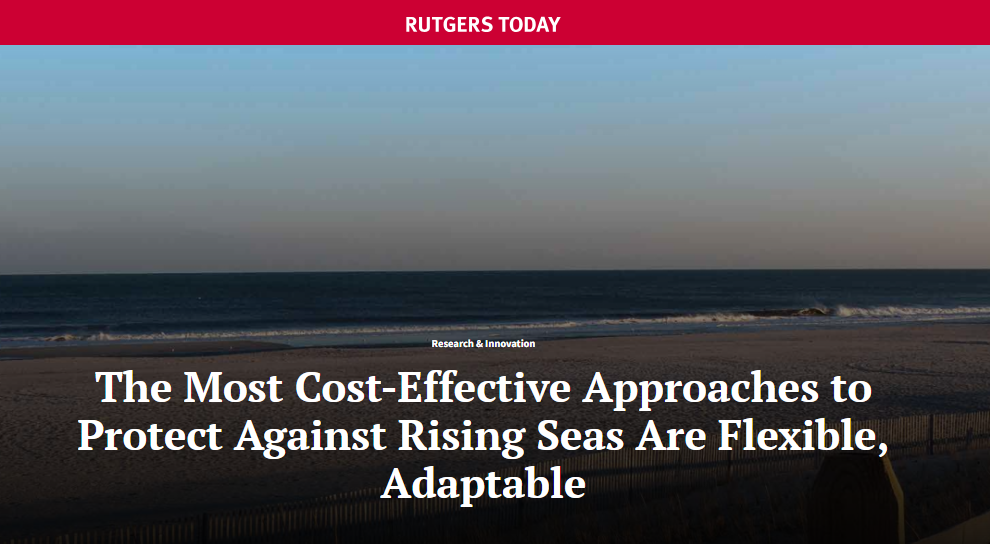
March 18, 2025
MACH Researchers at Princeton & Rutgers Find That The Most Cost-Effective Approaches to Protect Against Rising Seas Are Flexible, Adaptable
In a recent Rutgers Today article, MACH researchers Dr. Robert Kopp, Dr. Ning Lin, and …

March 12, 2025
Casey Helgeson’s MACH publication is featured on AGU’s social media platforms
A MACH publication, “Exploratory Scoping of Place-Based Opportunities for Convergence Research,” led by Casey Helgeson, …
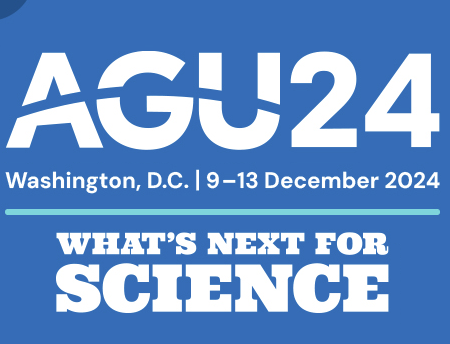
December 4, 2024
See MACH research presentations at AGU in Washington DC
Are you attending the American Geophysical Union Meeting in Washington DC this month? We’ll be …
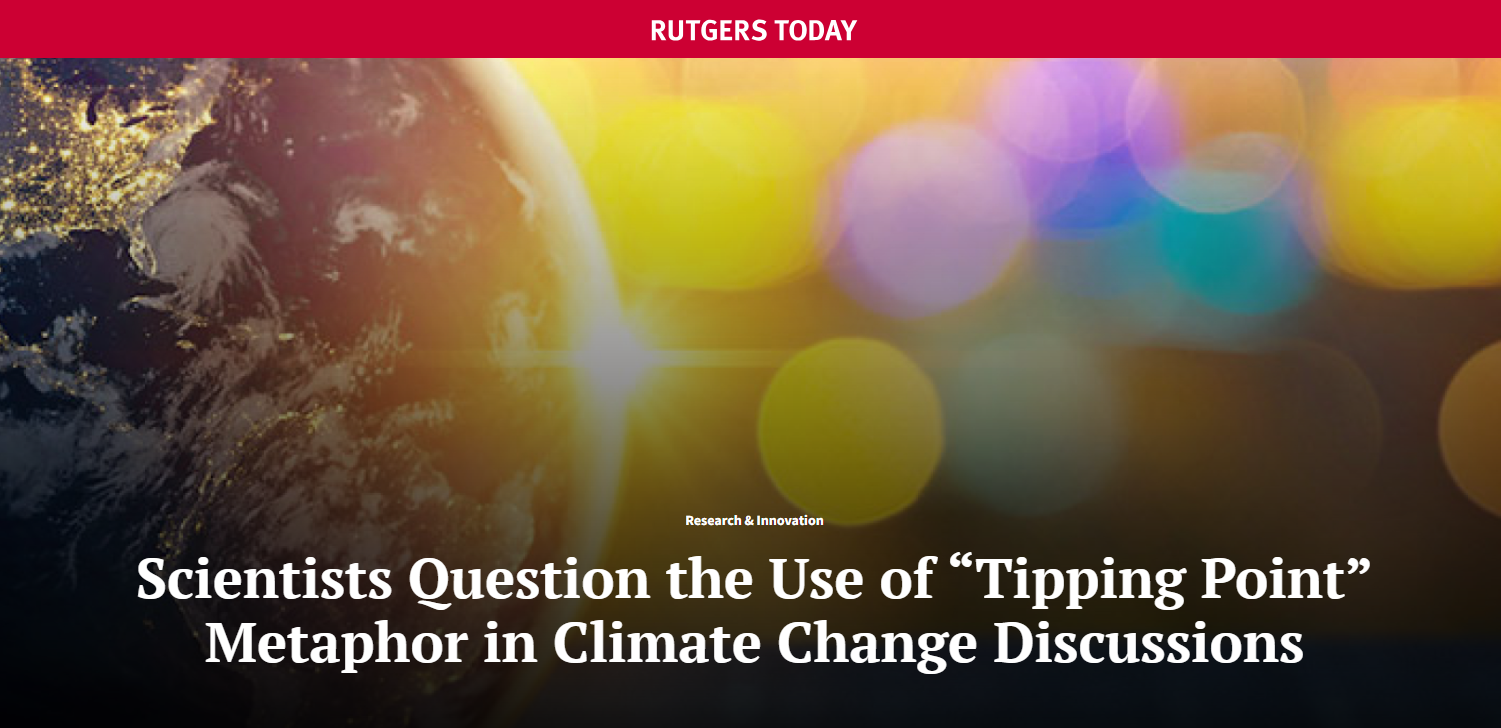
December 3, 2024
Scientists Question the Use of “Tipping Point” Metaphor in Climate Change Discussions
See below for an excerpt from Rutgers Today that discusses a recent publication from MACH …
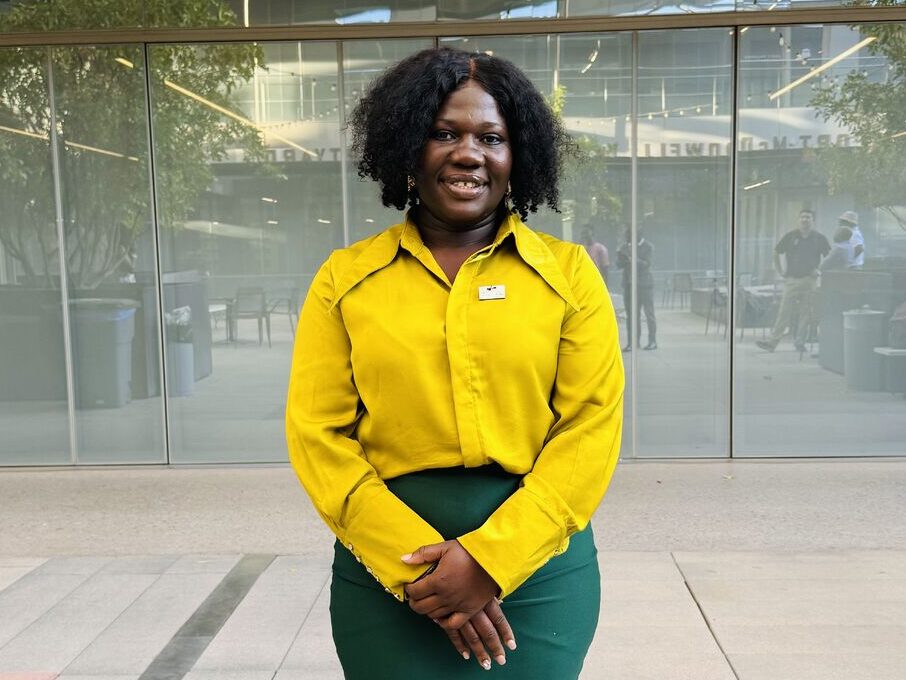
October 15, 2024
MACH PhD Student Yvonne Dadson Named 2024 Bill Anderson Fund Fellow
Yvonne Appiah Dadson, a PhD student in Information Sciences at the University at Albany, SUNY …
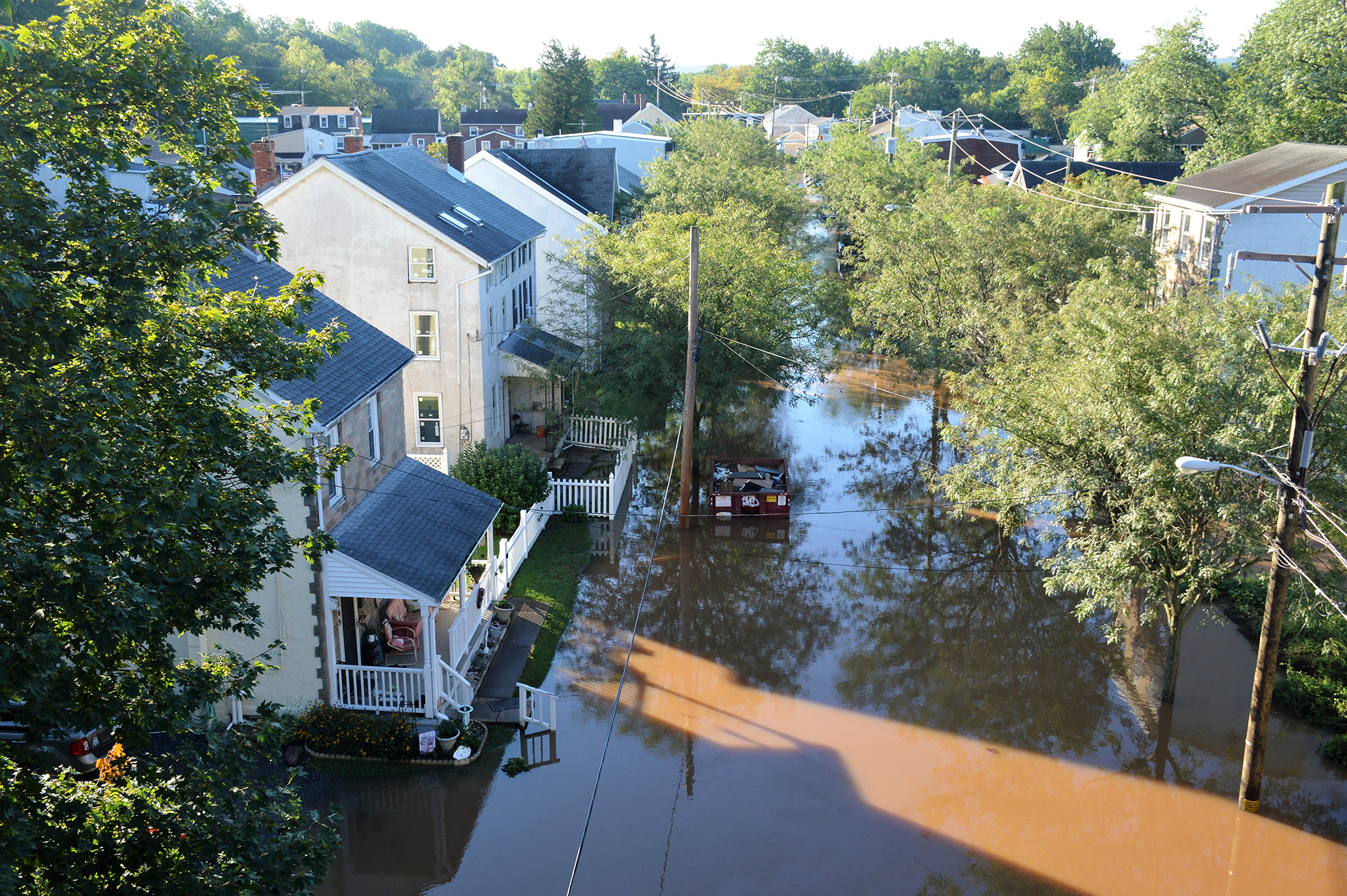
September 2, 2024
MACH mentioned in Grid magazine article on floodplain management!
A recent article by Kyle Bagenstose in Grid magazine discusses the floodplain management challenges in …
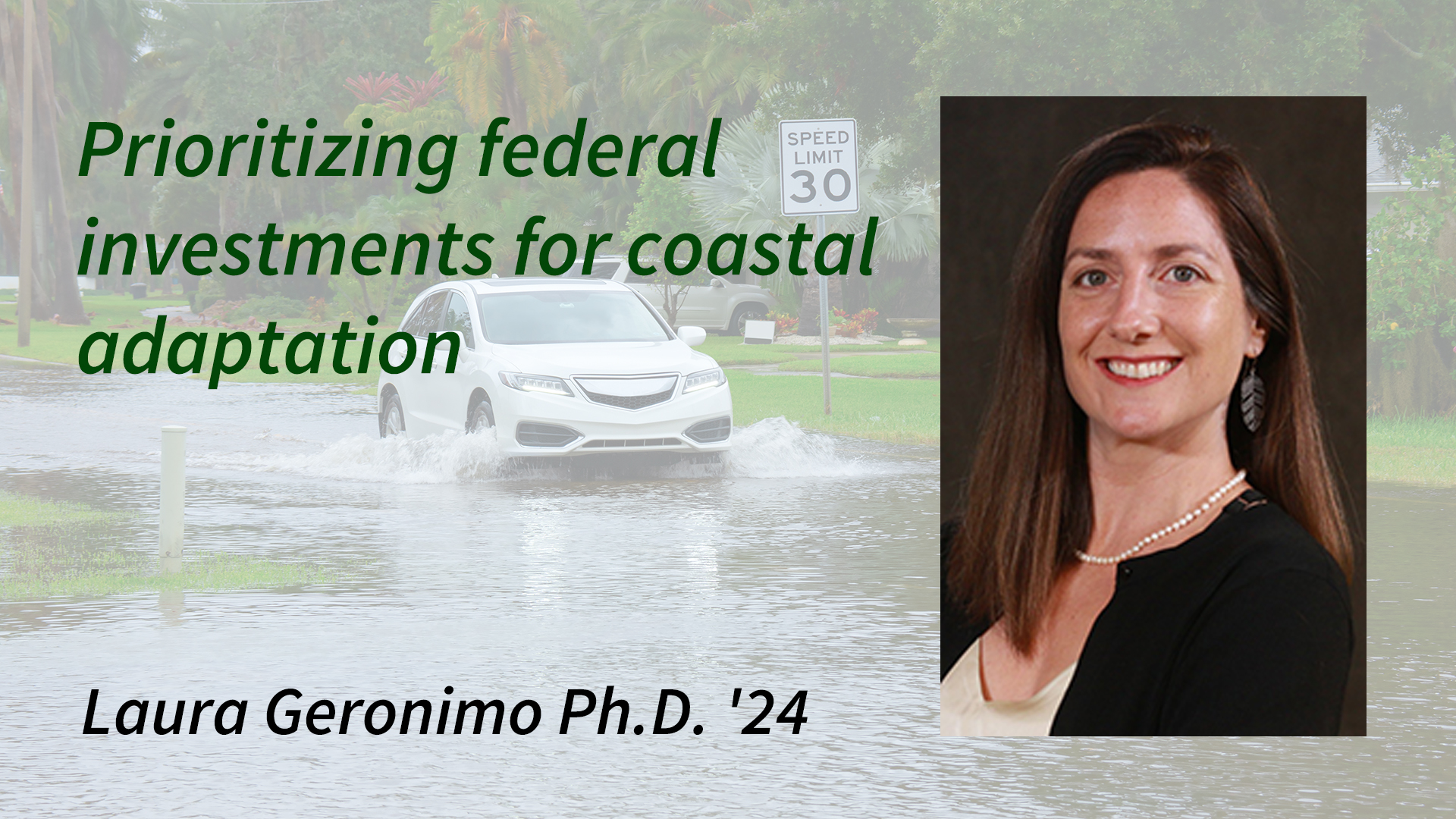
August 28, 2024
MACH researcher Laura Geronimo Receives 2024 ACSP Best Dissertation in Planning Award
Congratulations to MACH researcher Laura Geronimo for receiving the 2024 ACSP Barclay Gibbs Jones Award …
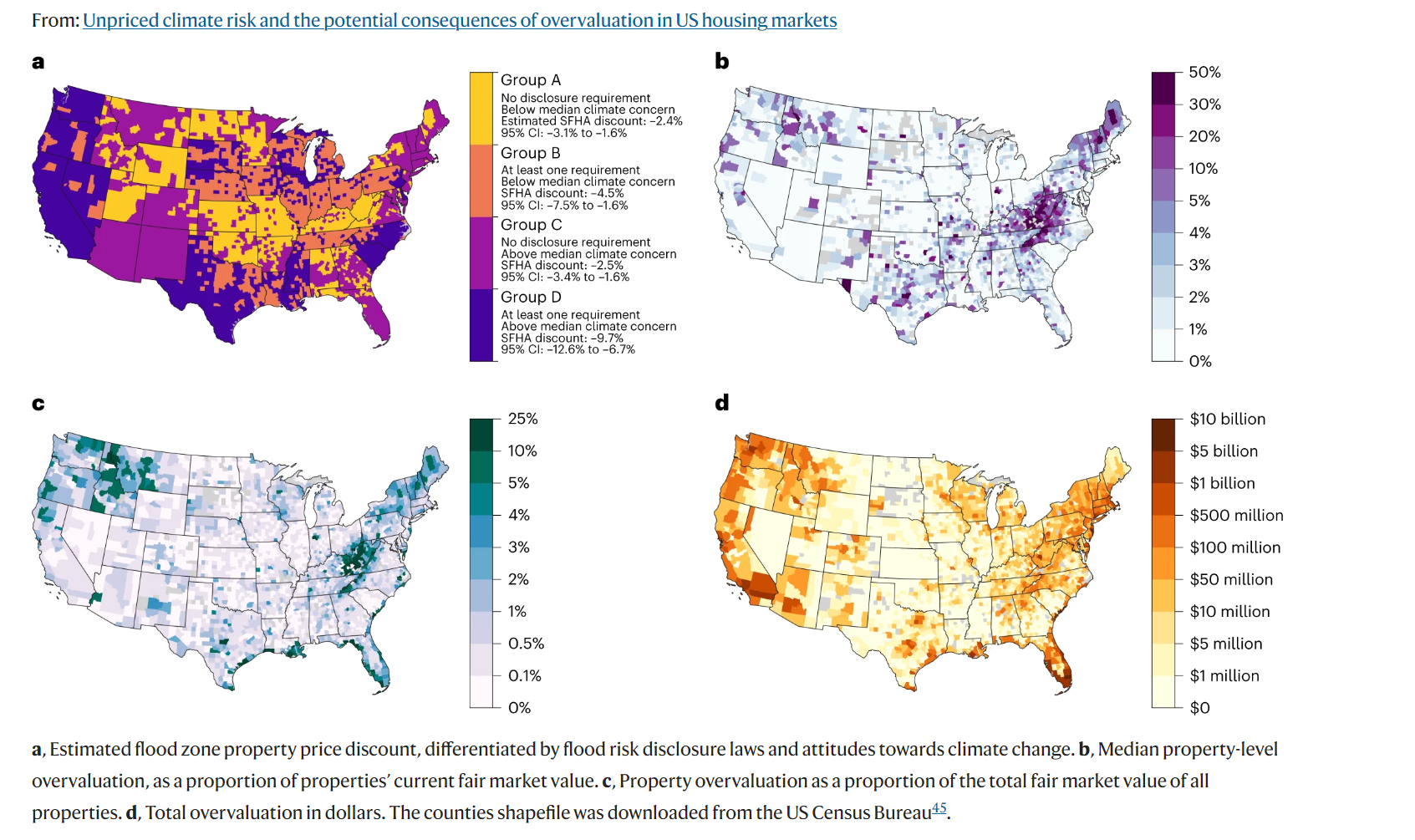
August 23, 2024
MACH Supported Paper Featured in Climate Risk Pricing Article
An article titled “Are You Sure Your House Is Worth That Much?” recently featured in …
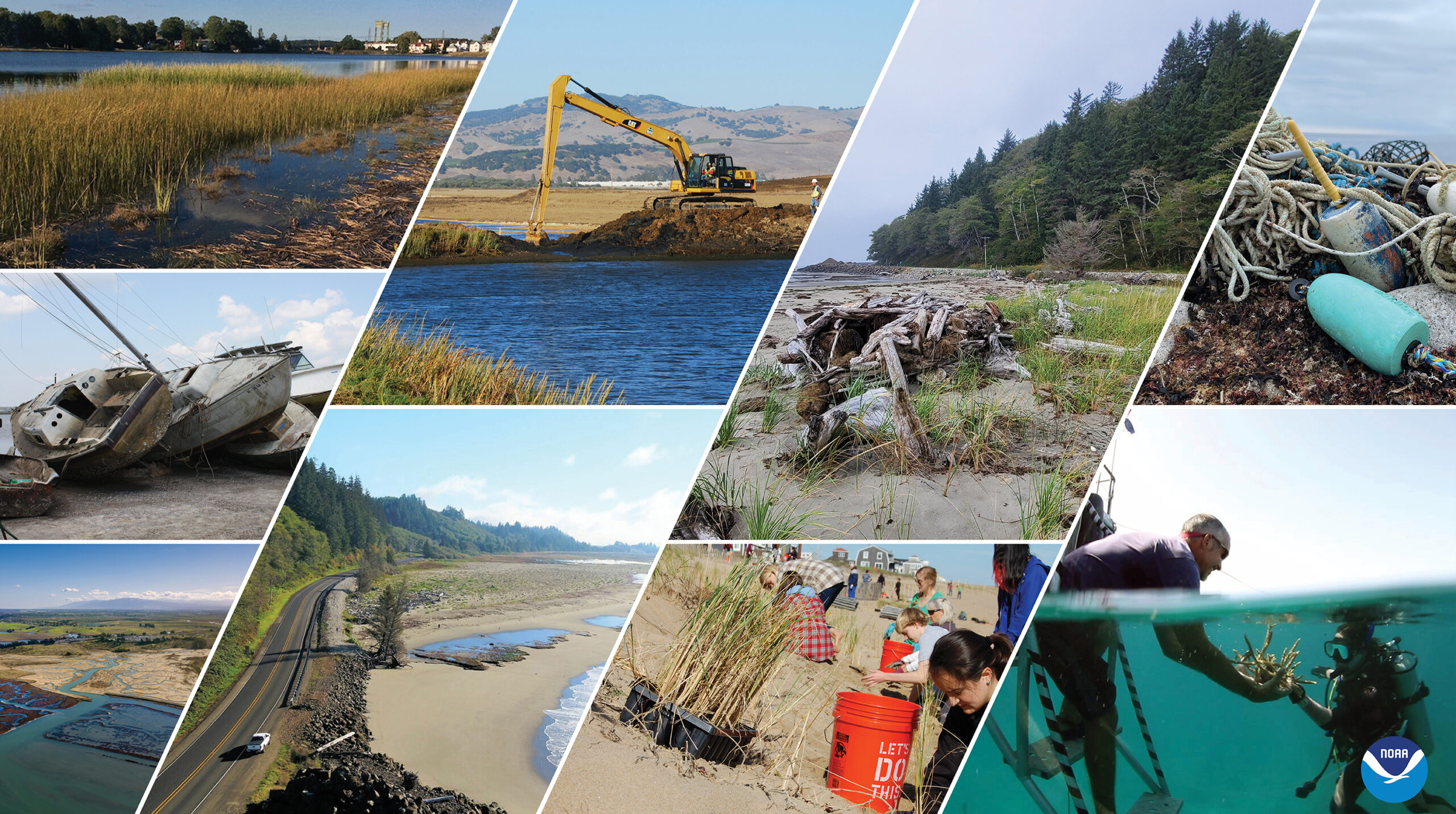
August 5, 2024
MACH Members at Rutgers Leading NOAA-Funded Climate Projects
MACH Administrative Director, Lisa Auermuller and Senior Personnel, Lucas Marxen will be overseeing two elements …
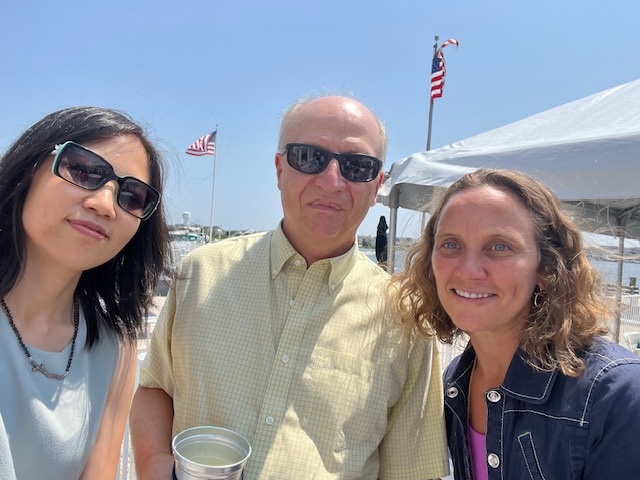
August 1, 2024
MACH Members testify on NJ DEP Resilient Environments and Landscapes (REAL) draft rule
The MACH family was well represented at a joint meeting of the Assembly Environment, Natural …

July 17, 2024
MACH Director, Dr. Robert Kopp, featured as a panelist at the 2nd Annual Climate Crossroads Summit
At the second Annual Climate Crossroads Summit, MACH Director Dr. Robert Kopp participated in a …

June 21, 2024
Reflections from the Second Annual MACH Summer Course
MACH Summer Course participants with the Edwin B. Forsythe National Wildlife Refuge Manager, Virginia Rettig …
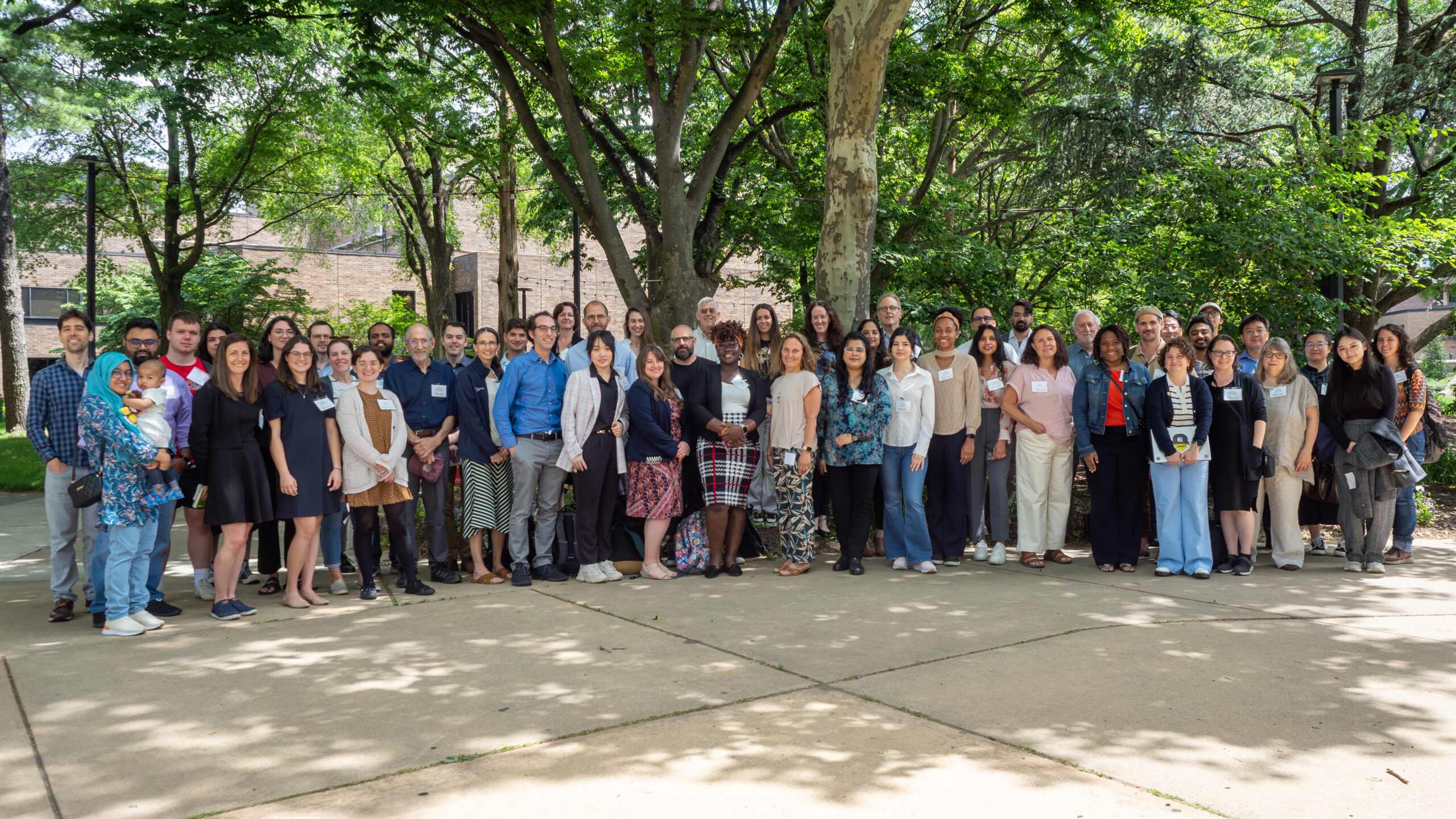
May 31, 2024
2024 MACH Annual Meeting
The MACH project celebrated the end of its third year with an in-person meeting in …
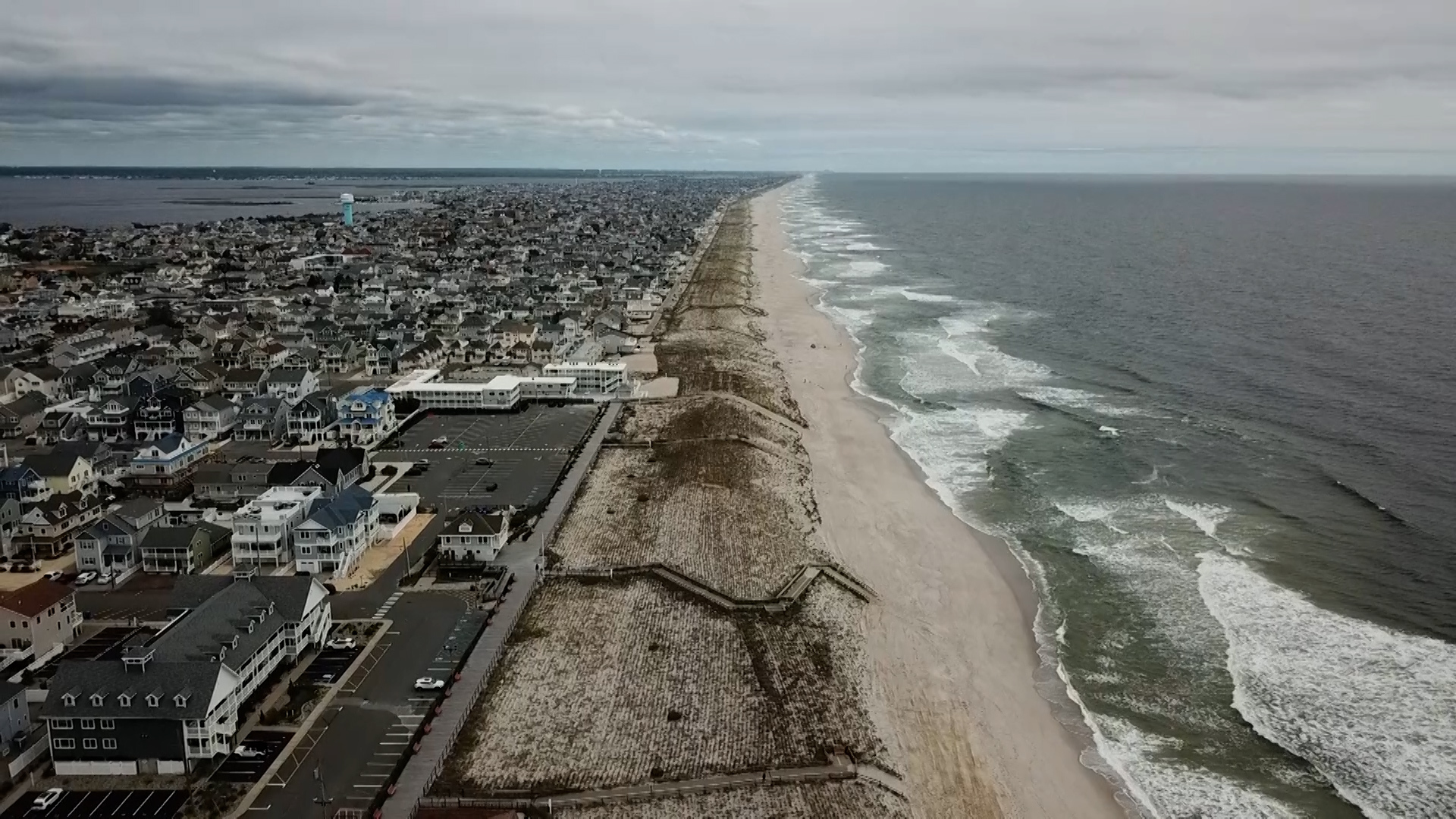
May 27, 2024
MACH Director, Dr. Robert Kopp, featured in special report, “Shrinking Shoreline,” by PBS New Jersey Spotlight News
“As the summer season kicks off this Memorial Day, NJ Spotlight News examines New Jersey’s …
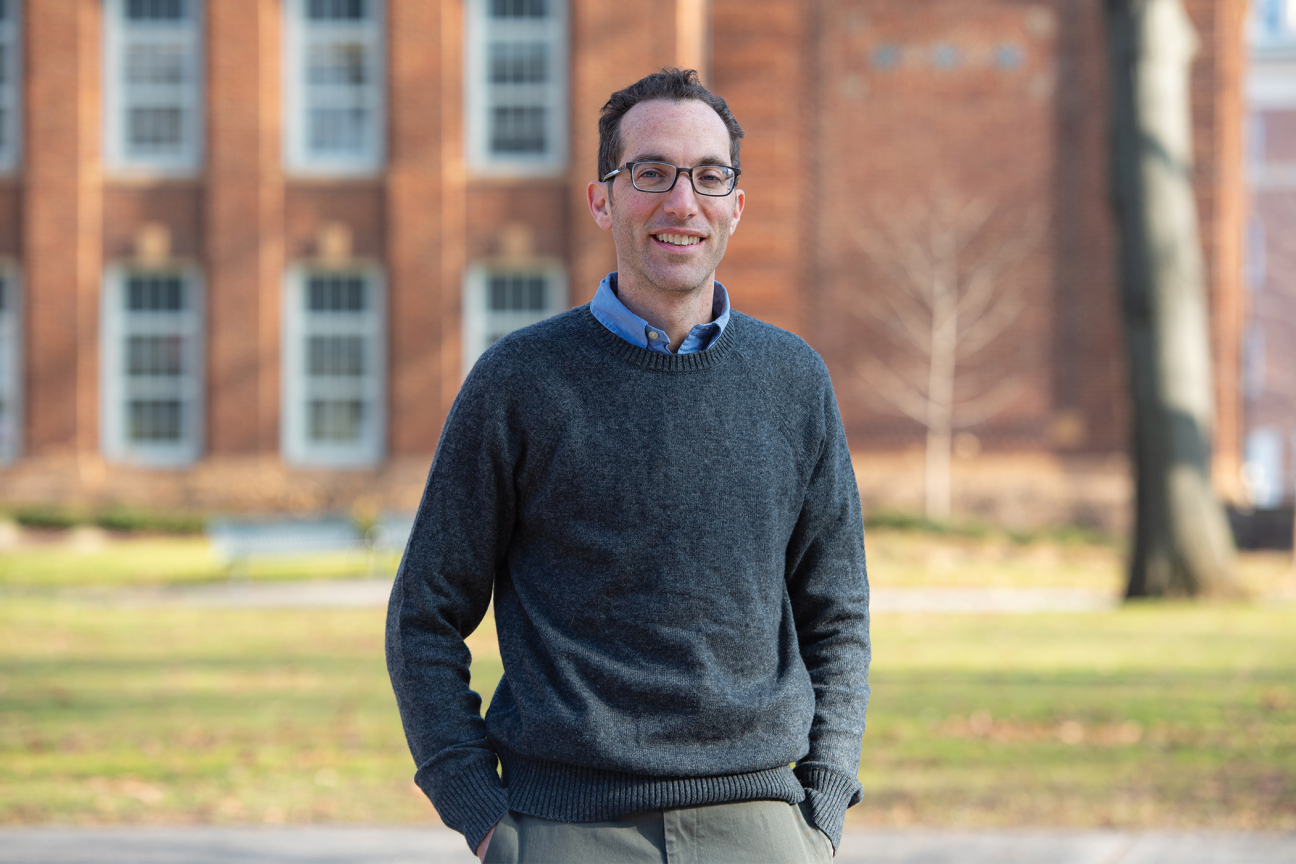
May 1, 2024
MACH Director, Dr. Robert Kopp, named 2024 Guggenheim Fellow
The Director and Principal Investigator of the Megalopolitan Transformation Hub (MACH), Dr. Robert Kopp, has …
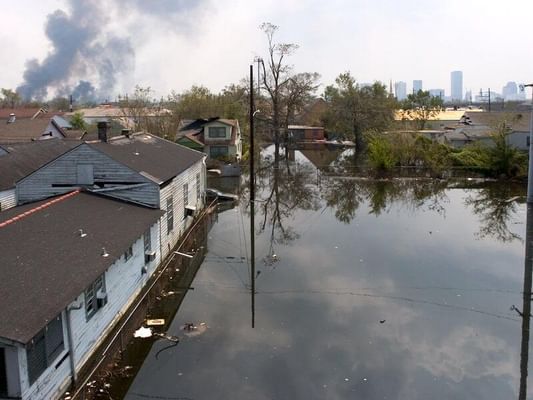
April 30, 2024
New Study Aims to Improve Equity in Flood Risk Management
The MACH-supported study “Developing more useful equity measurements for flood-risk management” was published in Nature …
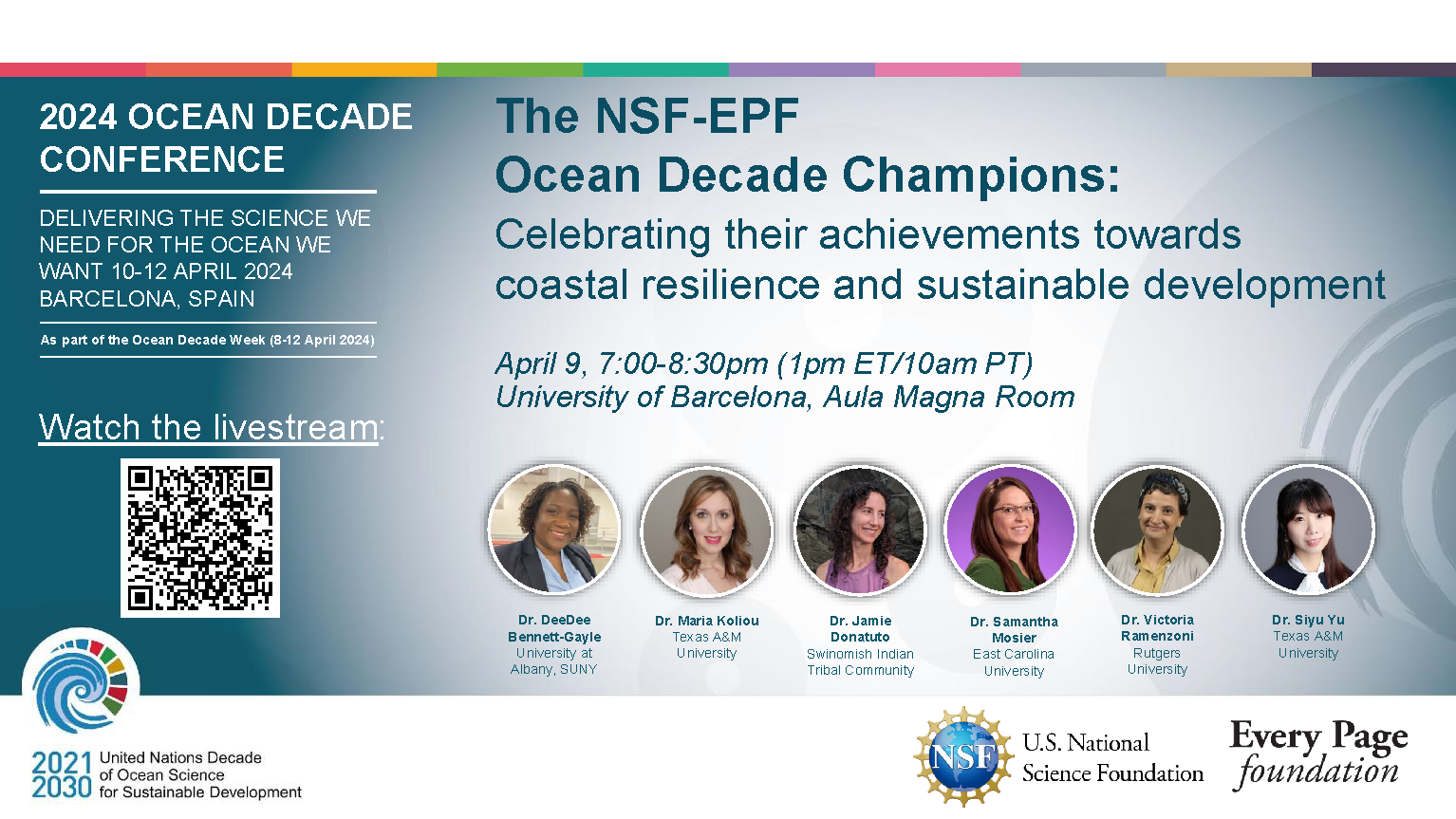
April 9, 2024
Victoria Ramenzoni and DeeDee Bennett Gayle represent MACH at the UN Ocean Decade conference in Barcelona, Spain
On April 9, 2024, Dr. Ramenzoni and Dr. Bennett-Gayle joined the UN Ocean Decade Conference …

March 29, 2024
MACH Administrative Director, Lisa Auermuller, featured as a convergence educator in educational film
The short educational film, Tools of Science: Creativity, explores how creativity is an essential part …
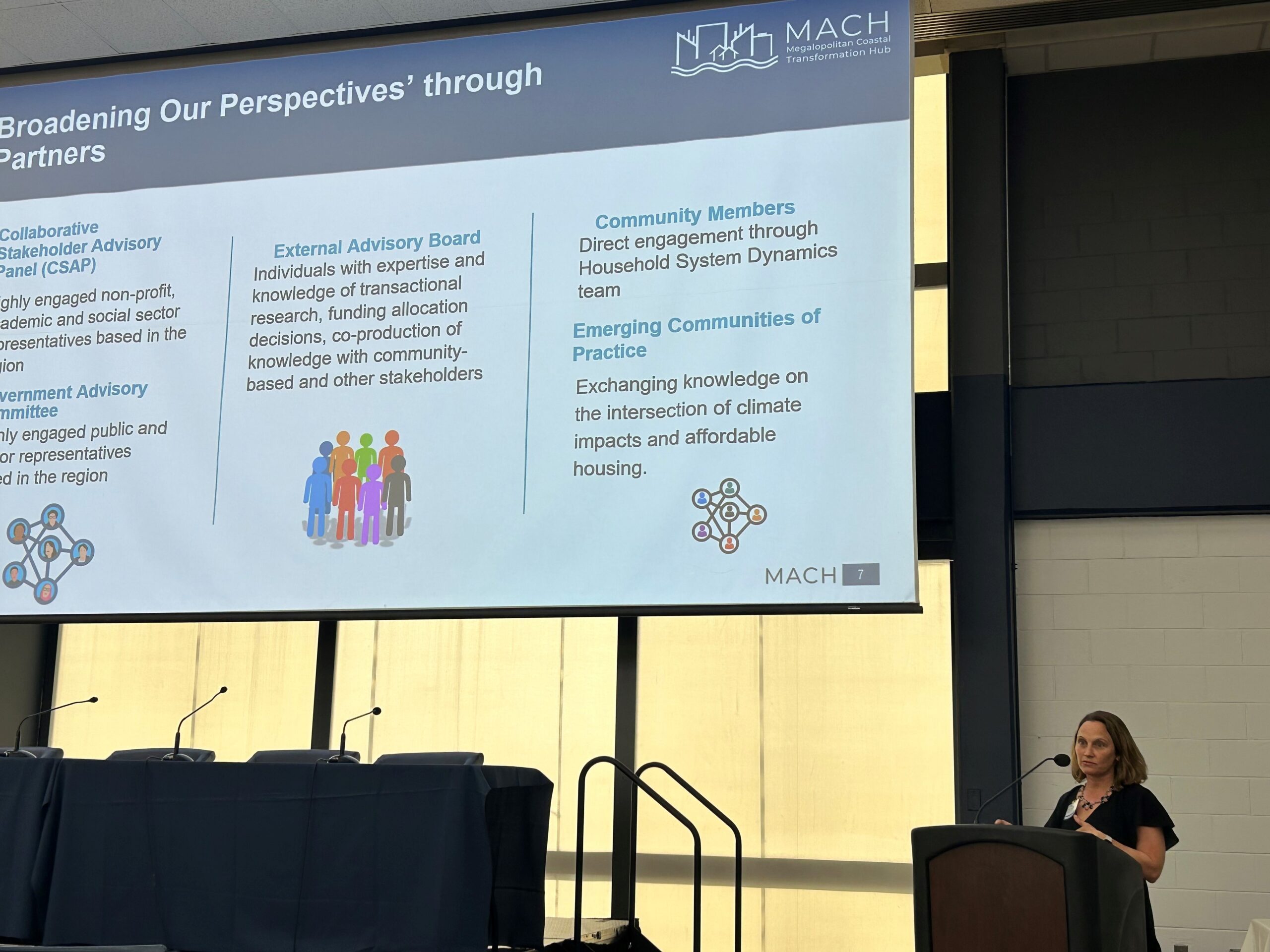
March 15, 2024
MACH Administrative Director, Lisa Auermuller, presents at the 2024 New Jersey Coastal and Climate Resilience Conference’s plenary panel
On March 12, Lisa Auermuller, Administrative Director of MACH, presented during the plenary panel. Lisa’s …
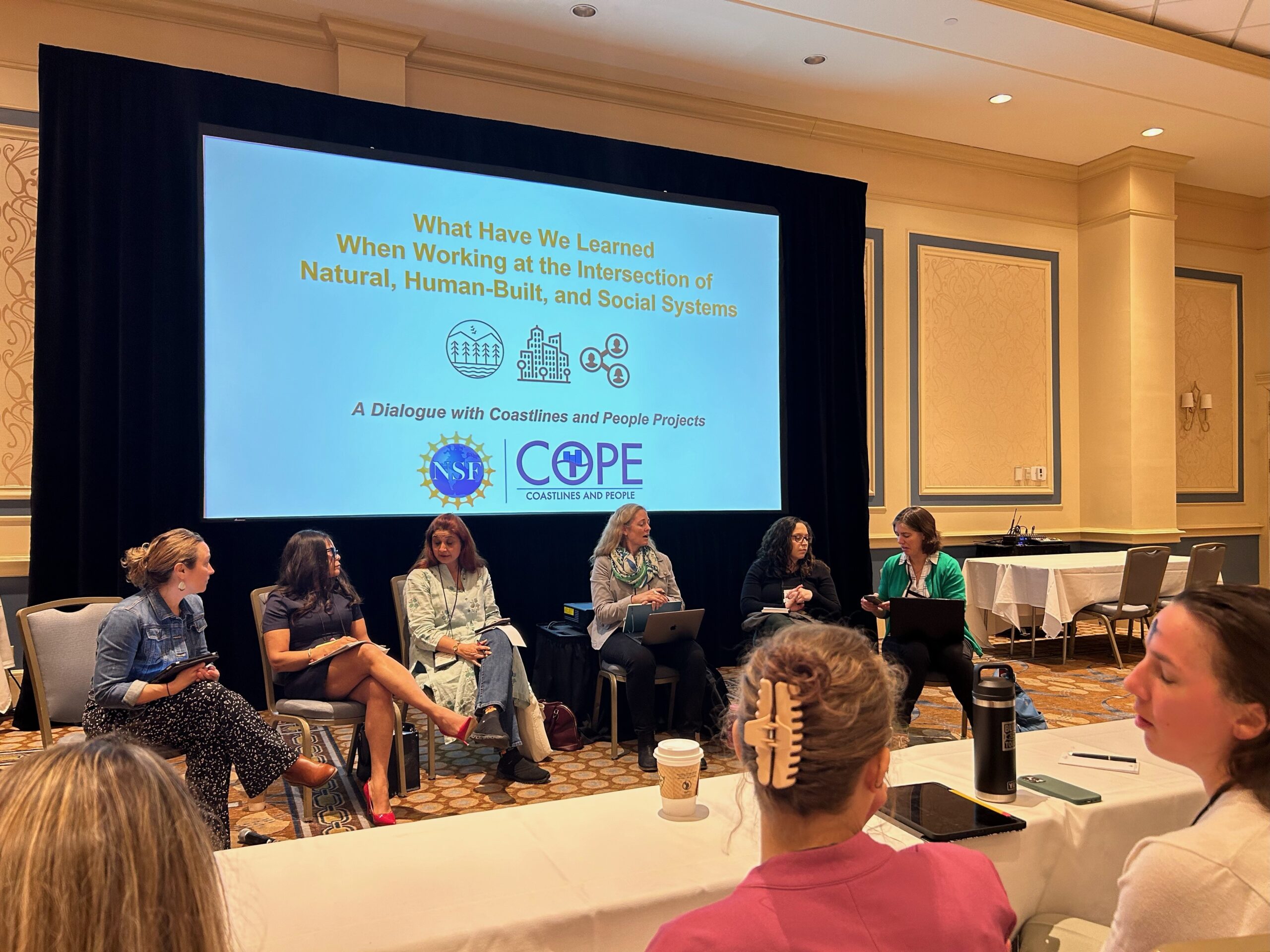
February 16, 2024
MACH researchers attend NOAA’s Social Coast Forum in Charleston, SC
From February 12th to 15th, a few of MACH researchers attended NOAA’s bi-annual Social Coast …
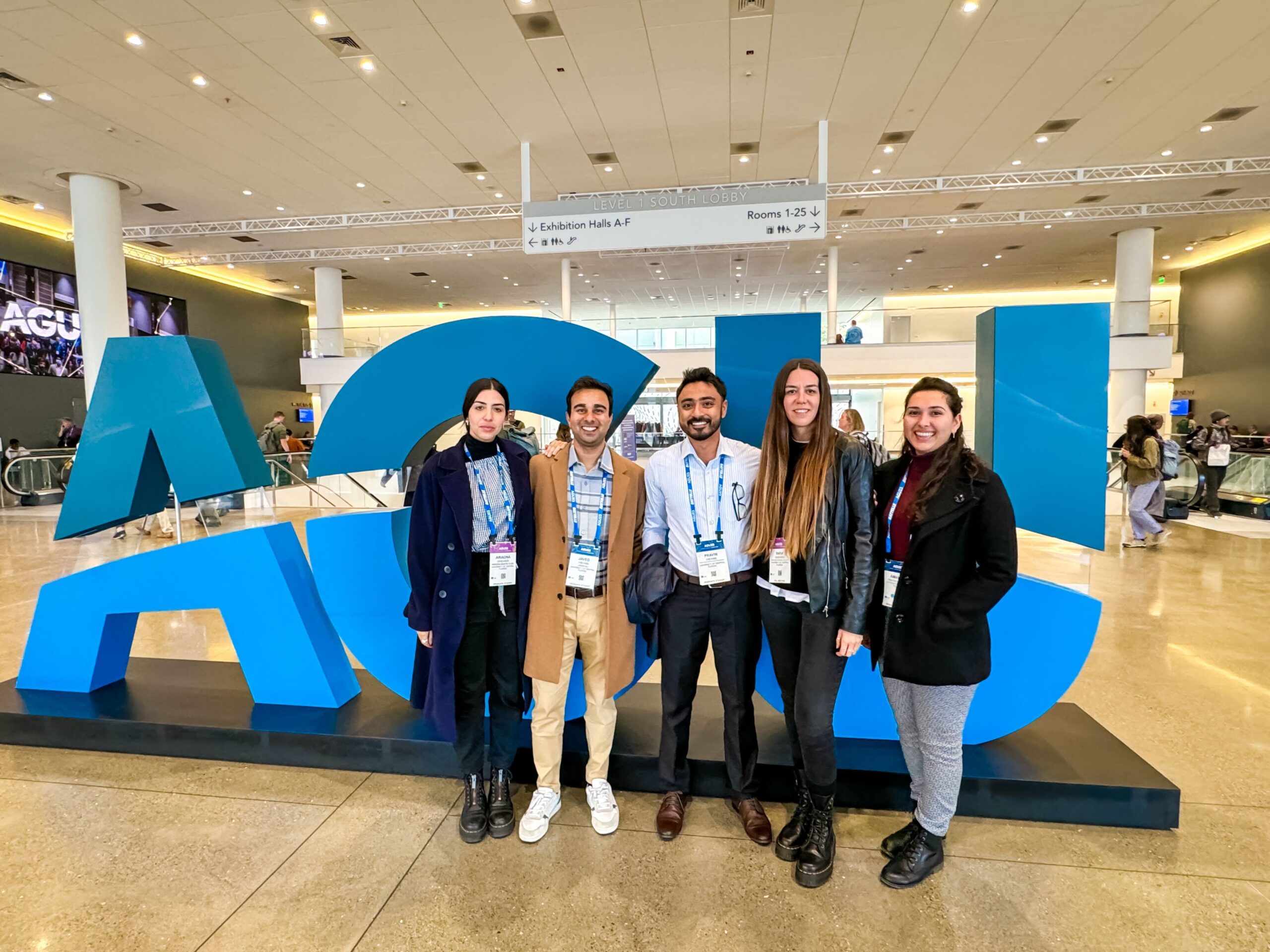
January 25, 2024
MACH students and postdocs present at the 2023 AGU meeting in San Francisco
MACH-funded and MACH-affiliated students and postdocs Adam Pollack, Ariadna Martin Oliva, Javed Ali, Pravin Maduwantha, …

October 13, 2023
MACH members selected as 2023 NSF-KADF Ocean Decade Champions
Four Megalopolitan Coastal Transformation Hub (MACH) members, including Rutgers University staff and faculty members Victoria Ramenzoni, …
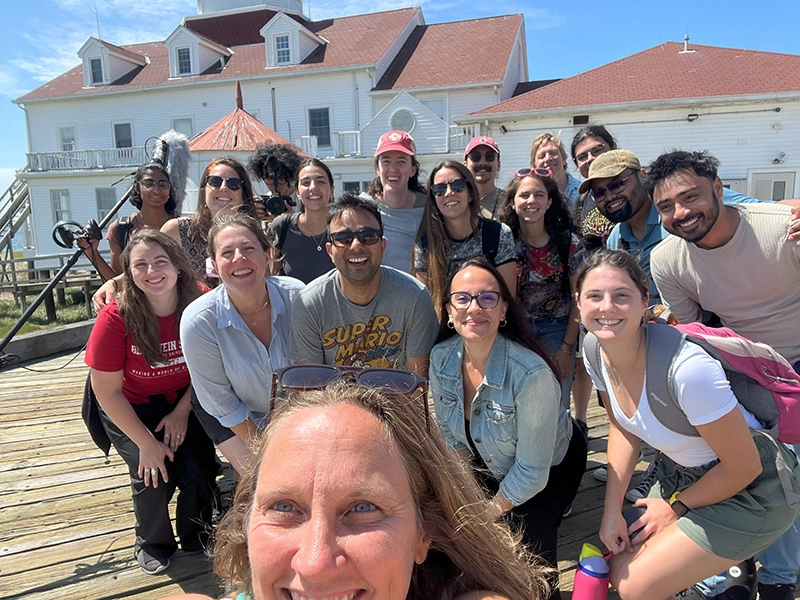
August 29, 2023
Rutgers-Led MACH Group Visits Rutgers University Marine Field Study
In August of this year, Lisa Auermuller, the Administrative Director of the Megalopolitan Coastal Transformation …
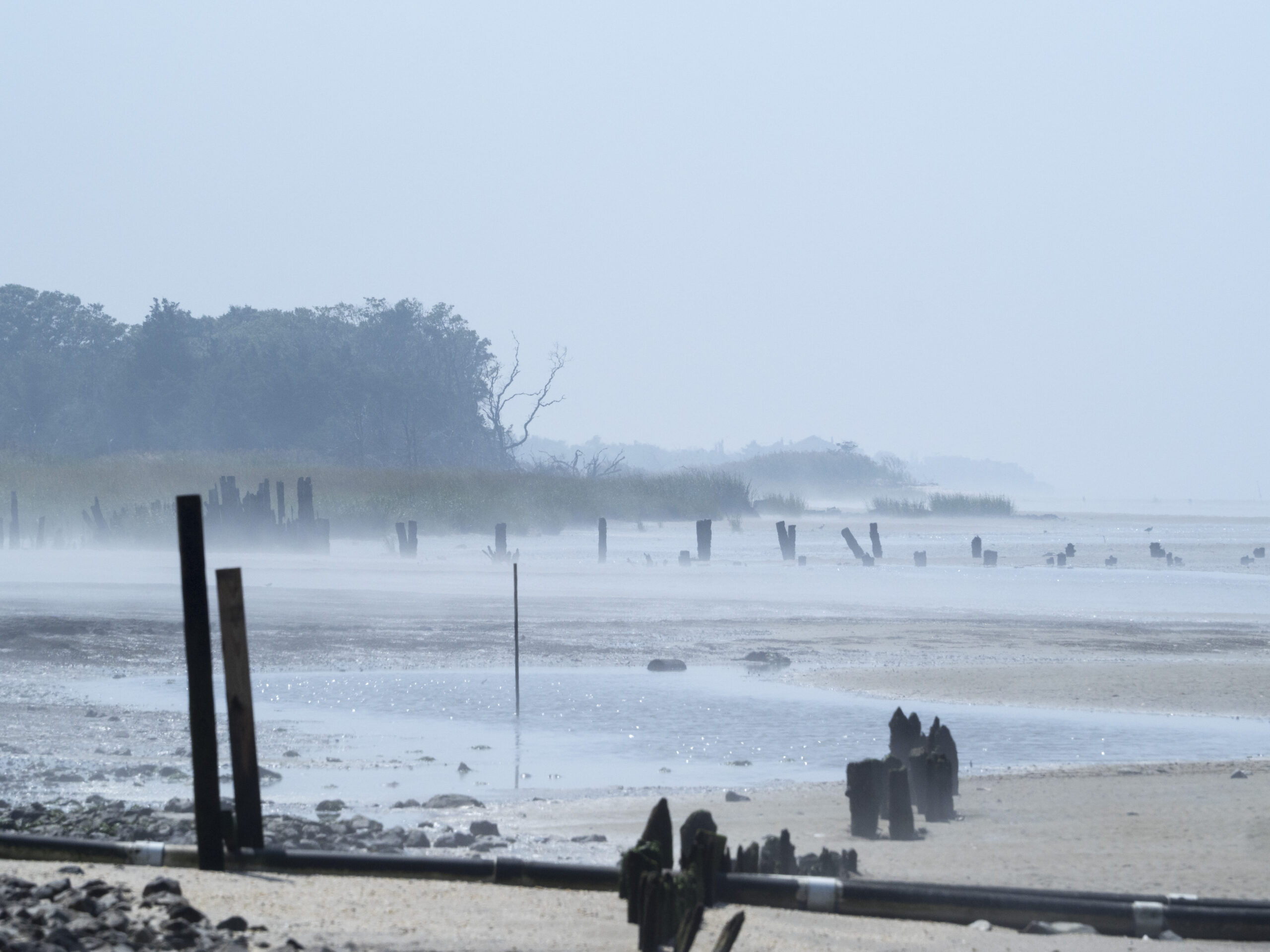
August 13, 2023
Using Evidence From Last Ice Age, Scientists Predict Effects of Rising Seas on Coastal Habitats
The rapid sea level rise and resulting retreat of coastal habitat seen at the end …

June 19, 2023
Assessment of How Climate Scientists Communicate Risk Shows Imperfections, Improvements
The hardest part, experts find, is communicating “unquantifiable” uncertainty. Scientists have long struggled to find …

